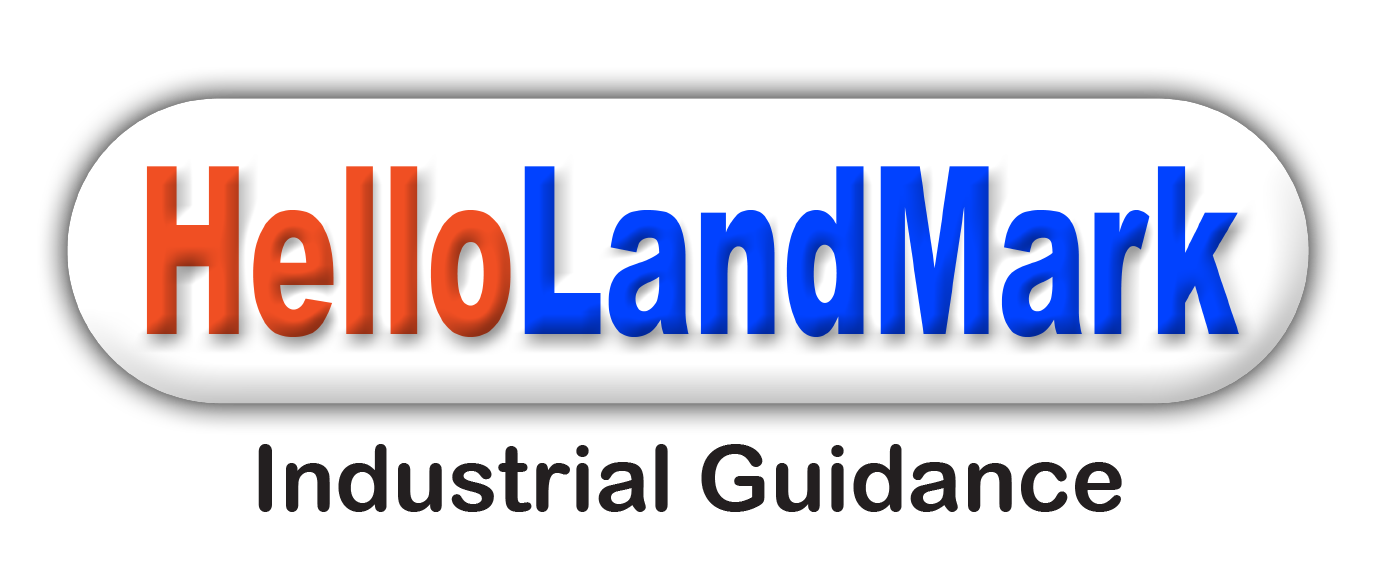Introduction
A sales pitch for industrial buyers is more than just a presentation of products or services—it is a strategic communication tool designed to connect with technically knowledgeable, goal-oriented decision-makers. Industrial buyers operate in structured procurement environments, where decisions are driven by logic, operational needs, and long-term value. Crafting an effective sales pitch in this context requires a balance of technical accuracy, business impact, and clear differentiation. Understanding the essentials of a successful industrial sales pitch is crucial for establishing credibility, building trust, and advancing the sales conversation.
Understanding the Buyer’s Needs and Operations
The first essential of any sales pitch is a deep understanding of the industrial buyer’s needs, challenges, and operational processes. This involves thorough research into the prospect’s industry, production requirements, regulatory environment, and strategic goals.
Tailoring the pitch to reflect specific operational pain points—such as inefficiency, high energy consumption, maintenance issues, or quality control—demonstrates relevance and earns the buyer’s attention. Personalization sets the tone for a solution-driven conversation rather than a generic sales presentation.
Clear and Concise Value Proposition
Industrial buyers prioritize return on investment, performance reliability, and long-term benefits. The sales pitch must clearly articulate the value proposition: what the product or service does, how it solves a problem, and what measurable outcomes it delivers.
Rather than listing features, the focus should be on benefits such as cost savings, improved output, reduced downtime, or compliance support. Quantifying the value through case studies, performance data, or return projections strengthens the pitch and supports rational decision-making.
Technical Competence and Accuracy
Industrial buyers often include engineers, plant managers, and procurement specialists who expect precision and depth. A successful pitch must demonstrate technical competence, using correct terminology, understanding system integration needs, and addressing compliance standards.
Providing technical datasheets, certifications, diagrams, and process workflows adds credibility. If needed, involving product specialists or engineers in the pitch shows commitment to transparency and technical rigor.
Visual and Demonstration Support
Visual aids enhance comprehension and engagement, especially for complex industrial products. High-quality images, schematics, videos, and simulations can simplify technical concepts and showcase real-world applications.
Whenever possible, live demonstrations or virtual product walkthroughs should be included. These tools help industrial buyers visualize performance, compatibility, and operational fit, making the pitch more tangible and persuasive.
Addressing Objections and Risk Concerns
Industrial purchases are high-stakes decisions, often involving long-term commitments and operational disruptions. Anticipating and addressing common objections—such as cost, installation time, technical compatibility, or support availability—is critical.
The pitch should proactively offer reassurances through risk mitigation strategies, warranty terms, customer service capabilities, and success stories from similar industries. A confident and transparent approach reduces hesitation and builds trust.
Clarity in Pricing and Customization Options
While pricing is typically discussed later in the sales process, the pitch should provide a clear overview of cost structure and available customization. Industrial buyers appreciate transparency, especially when projects involve variable configurations or phased implementation.
Offering modular solutions, scalable pricing models, or flexible delivery timelines can make the pitch more appealing to a diverse range of operational and budgetary needs.
Call to Action and Follow-Up Plan
Every pitch must conclude with a strong and clear call to action. Whether it’s scheduling a site visit, setting up a technical consultation, or preparing a detailed proposal, guiding the buyer to the next step keeps momentum alive.
Establishing a follow-up plan—complete with timelines and contact points—demonstrates professionalism and commitment to the client’s buying process.
Conclusion
A well-crafted sales pitch for industrial buyers is grounded in deep customer understanding, technical accuracy, and a compelling value proposition. By focusing on the buyer’s operational challenges, presenting data-driven solutions, and demonstrating flexibility and credibility, sales teams can build trust and increase the likelihood of conversion. With thoughtful structure, visual support, and clear next steps, the sales pitch becomes a strategic asset in advancing industrial partnerships and driving long-term business success.
Hashtags
#SalesPitch #IndustrialSales #B2BSales #SalesEssentials #BuyerEngagement #SalesStrategy #IndustrialMarketing #SalesTechniques #ValueProposition #CustomerNeeds #SalesCommunication #LeadGeneration #SalesTraining #SalesSuccess #BuyerJourney #SalesPresentation #NegotiationSkills #MarketInsights #SalesGrowth #IndustrialBuyers

